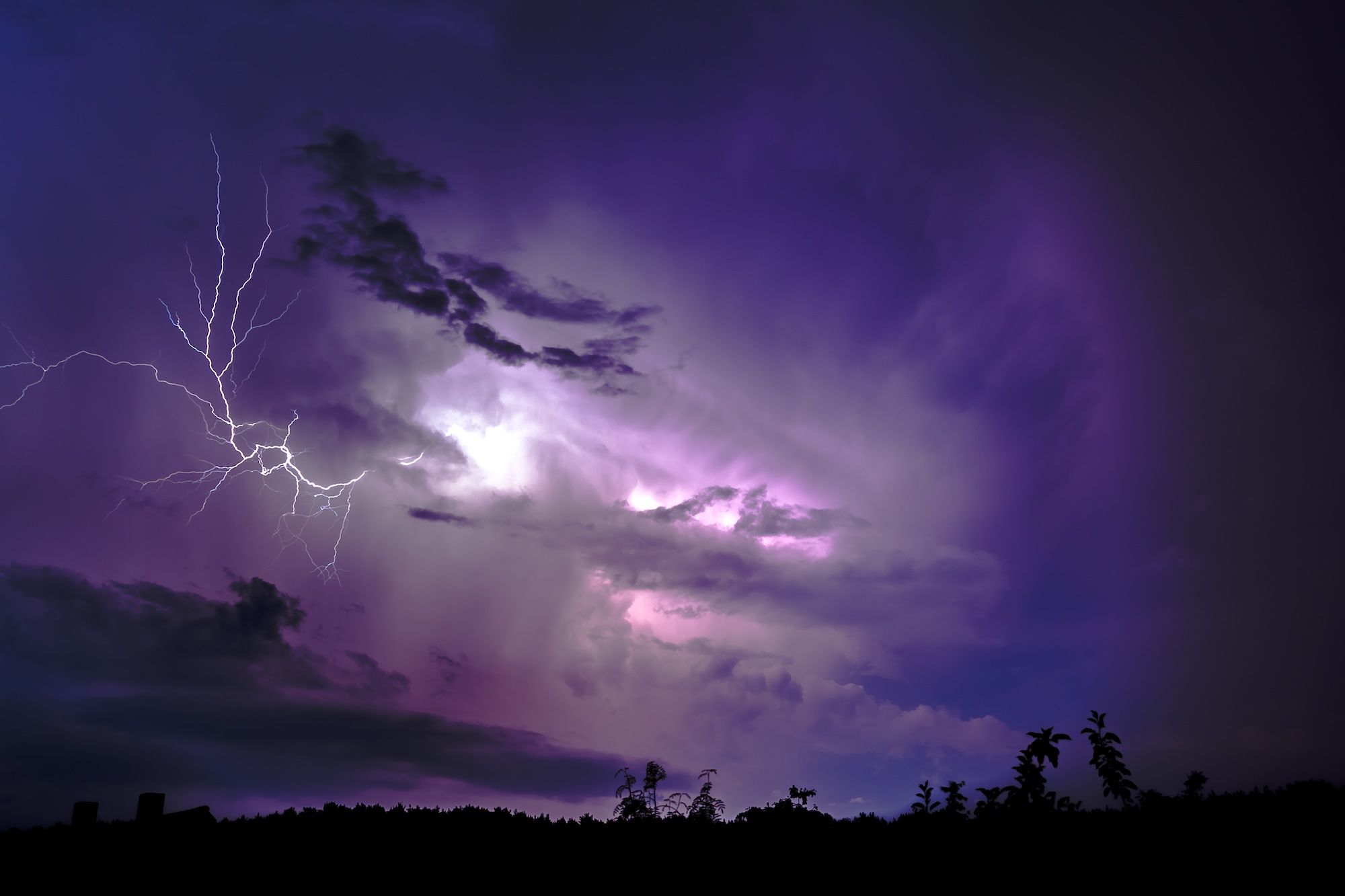The future of music is in the Metaverse. The virtual world has given rise to a new way of experiencing music, making it possible for people to access unlimited music from anywhere at any time. The first step towards exploring this brave new world is by looking at how technology has transformed music over time.
The Metaverse is a shared virtual space where multiple franchises and industries can coexist. It is an entire ecosystem where fans can engage with their favorite artists and connect with others to play games, watch movies, and attend concerts. The Metaverse is a space where artists can collaborate with technology partners to create immersive entertainment experiences, placing users at the center of attention.
The music industry has long been fascinated with the idea of being at the cutting edge of technology. From vinyl to CDs, MP3s, and streaming services, it seems that every time a new format appears in our lives, there is a corresponding explosion of creativity from artists looking to take advantage of these new platforms.
As artists have experimented with these new technologies, they have helped shape them into what we know today. Digital downloads were a natural evolution from CDs, but not without some resistance from consumers who feared losing value in their physical collections. However, as time went on, people began to see digital downloads as a vast improvement over CDs – enabling entire libraries to be carried and played from their pockets.
So, what does music mean in this new world of virtual technology? Music has always been an essential part of any good movie or game experience; it sets the tone for different environments, guiding users through an array of emotions to compliment a story or action. However, when we talk about music in immersive entertainment, there is a new dimension to consider; live concerts are back, and VR technology is at the forefront of its growth.
While the concept of a VR concert may seem novel, it has been around for quite some time. In the early 2000s, MTV had its own VR music experience called Total Request Live (TRL), allowing fans to watch popular artists perform from their couches. But TRL was only available for a limited time and never evolved beyond its original format.
With today’s technology and increased demand for immersive content, artists are finding new ways to engage with their audiences and monetize their content through innovative business models. VR concerts provide an opportunity for fans to not only see their favorite artist perform live — but to interact with them through digital avatars or holograms projected onto large screens. This gives viewers a sense of being present at the actual event — no matter where they are located.

There have been an array of music events implementing this new technology – notably the ABBA Voyage concert in 2022 and Travis Scott’s Fortnite event in 2020. Yet, many artists have developed a taste for performing in VR. Rapper T-Pain held a VR concert in 2016, as did Gorillaz in 2017. More recently, Stormzy performed at the BRIT Awards on May 20th using live video feeds from his backstage dressing room – delivering an audio-visual performance with the help of holograms and visual effects specialists Realise Designs Ltd. They have worked with Kanye West as well as Madonna.
We are not certain if immersive concerts like Travis Scott’s Fortnite event would have happened without the pandemic. However, VR concerts are a new frontier for musicians and their fans; with the rise of immersive technology, music will be a prominent driver for early Metaverse adoption. Concerts will be one of the core experiences people will want to participate in, and they will certainly continue.
Ultimately, music will be a key component in the Metaverse. It is the element that will help immerse you into these new worlds and make them feel like home. Music has always been an important part of my life, and I am so excited to see how it plays out in this new medium.
Read More: metaverseinsider.tech









 Bitcoin
Bitcoin  Ethereum
Ethereum  Tether
Tether  XRP
XRP  Solana
Solana  Dogecoin
Dogecoin  USDC
USDC  Cardano
Cardano  Lido Staked Ether
Lido Staked Ether  TRON
TRON  Sui
Sui  Avalanche
Avalanche  Toncoin
Toncoin  Wrapped stETH
Wrapped stETH  Shiba Inu
Shiba Inu  Chainlink
Chainlink  Stellar
Stellar  Wrapped Bitcoin
Wrapped Bitcoin  Hedera
Hedera  Polkadot
Polkadot  WETH
WETH  Bitcoin Cash
Bitcoin Cash  LEO Token
LEO Token  Uniswap
Uniswap  Litecoin
Litecoin  Pepe
Pepe  Hyperliquid
Hyperliquid  Wrapped eETH
Wrapped eETH  NEAR Protocol
NEAR Protocol  USDS
USDS  Ethena USDe
Ethena USDe  Aptos
Aptos  Internet Computer
Internet Computer  Aave
Aave  Mantle
Mantle  Cronos
Cronos  POL (ex-MATIC)
POL (ex-MATIC)  Ethereum Classic
Ethereum Classic  MANTRA
MANTRA  Render
Render  Monero
Monero  Bittensor
Bittensor  Artificial Superintelligence Alliance
Artificial Superintelligence Alliance  Dai
Dai  Tokenize Xchange
Tokenize Xchange  Filecoin
Filecoin  Arbitrum
Arbitrum